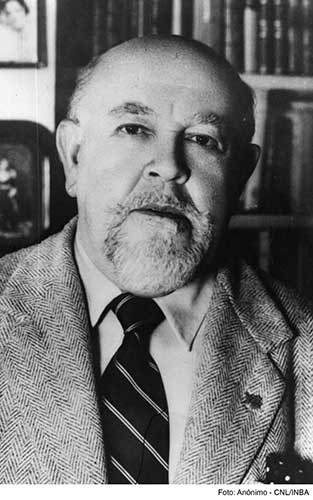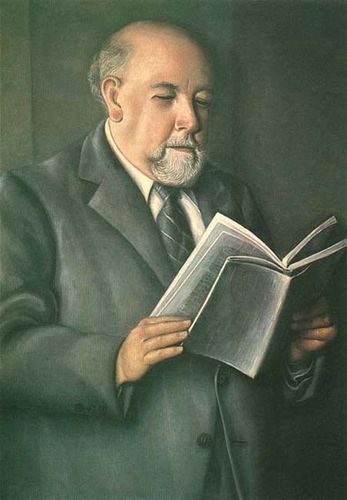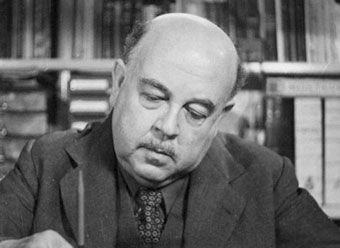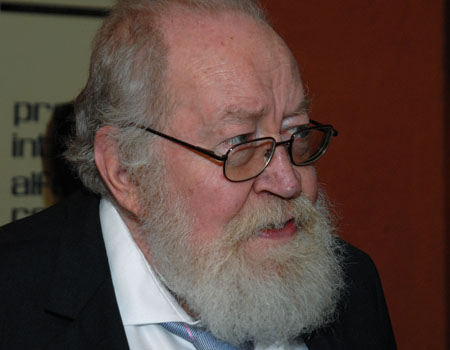<Back to Index>
- Physical Chemist Odd Hassel, 1897
- Writer Alfonso Reyes Ochoa, 1889
- Archduke of Austria Ferdinand Charles, 1628
PAGE SPONSOR


Alfonso Reyes Ochoa (17 May 1889, Monterrey, Nuevo León – 27 December 1959, Mexico City) was a Mexican writer, philosopher and diplomat.
Alfonso Reyes' parents were Bernardo Reyes and Aurelia Ochoa. His father was in important government positions during the government of Porfirio Diaz, such as the governorship of Nuevo León and the Secretary of War and Navy.
Alfonso Reyes was educated primarily in Mexico City.
In 1909, he and other like minded young intellectuals such as Martín Luis Guzmán and José Vasconcelos, founded the Ateneo de la Juventud to promote new cultural and aesthetic ideals and educational reform in Mexico. At the age of 21, Reyes published his first book, Cuestiones estéticas. The following year, 1912, he wrote a short story, La Cena ("The Supper"), considered a forerunner of surrealism and of Latin American magical realism. In that year he was also named Secretary of the Escuela Nacional de Altos Estudios at the National Autonomous University of Mexico. Reyes obtained his law degree in 1913, the same year that his father would die participating in an attempted coup d'état. Alfonso Reyes was posted to Mexico's diplomatic service in France in 1913. After Germany invaded France in 1914, he moved to Madrid, Spain,
and pursued a literary career as journalist, investigator, translator,
critic, and writer. In 1915, he wrote what is probably his best known
essay, "Visión de Anáhuac (1915)," with its famous
epigraph, "Viajero: has llegado a la región más transparente del aire", the source of the title of Carlos Fuentes's novel La región más transparente. Reyes was reinstated in the diplomatic service in 1920. He was the second secretary in Spain in 1920, was in Paris from 1924 to 1927, then served as the ambassador to Argentina (1927 – 30 and 1936 – 37). He was the Mexican ambassador to Brazil from
1930 to 1935 and again in 1938. In 1939, he retired from the diplomatic
corps and returned to Mexico, where he organized what is today El Colegio de México and dedicated himself to writing and teaching. The great Argentinian writer Jorge Luis Borges paid
homage to the excellence of Reyes's style with the following words:
"Alfonso Reyes, the greatest prose writer in the Spanish language of
any age, said to me: 'Groussac taught me how to write in Spanish.'" At least five avenues in Monterrey's metropolitan area, and three in the municipality; and one in Mexico City are named after Reyes.

